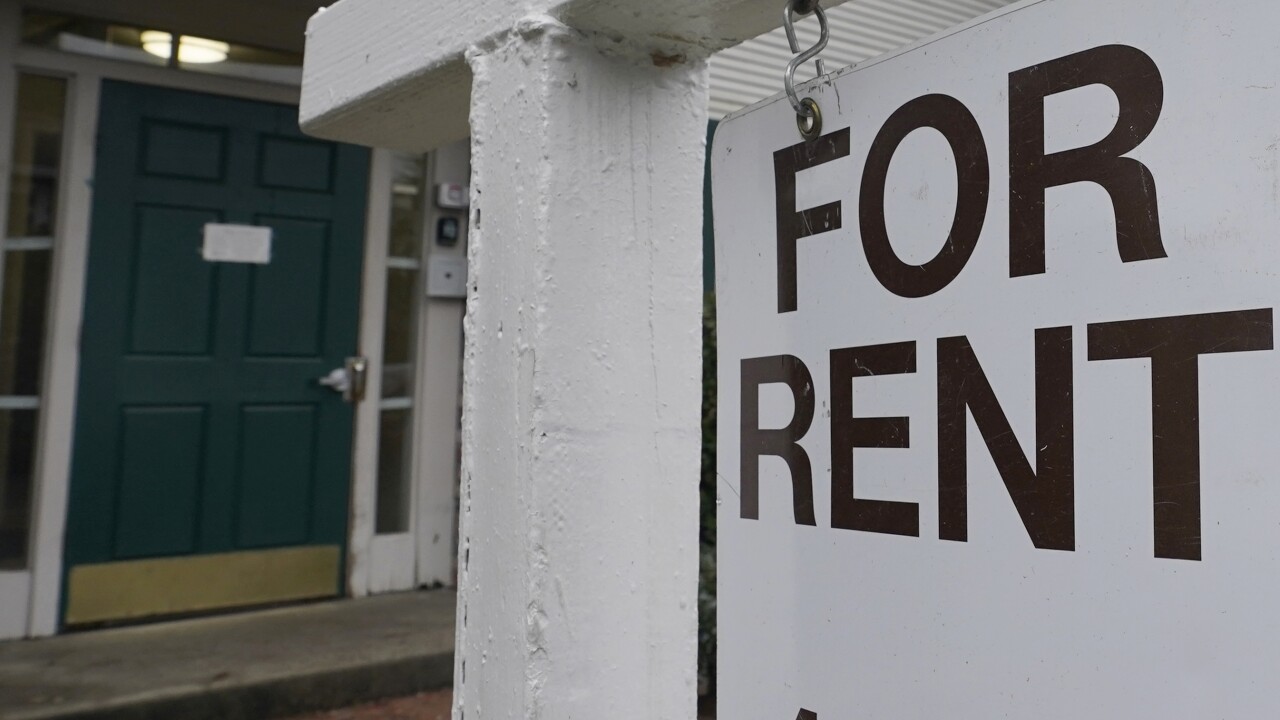Idaho, known for its scenic beauty and agricultural prominence, is also experiencing a rise in rental costs. As a tenant in Idaho, understanding your rights when faced with a rent increase is crucial. This guide breaks down the nuances of Idaho’s rent increase laws, providing practical information to help you navigate this situation in cities like Boise, Meridian, Nampa, and Idaho Falls.
Idaho’s rental market, particularly in growing urban areas, has seen a steady increase in rental prices. Understanding the legal framework surrounding rent increases is essential for tenants to protect their interests and budget accordingly. Idaho’s landlord-tenant laws provide a baseline for how and when rent increases can occur, ensuring a degree of fairness and predictability for renters.
Absence of Rent Control in Idaho
Rent control is a form of government regulation that places limits on the amount of rent a landlord can charge. Idaho, like many states, does not have statewide rent control laws. This means landlords generally have the freedom to increase rent in line with market conditions, as long as they adhere to certain procedural requirements.
Landlord’s Right to Increase Rent
Several factors can influence a landlord’s decision to raise the rent, including:
- Rising Property Costs: Increases in property taxes, insurance, and maintenance costs can lead to rent increases to offset these expenses.
- Market Demand: In a competitive rental market, landlords may increase rent if the demand for housing is high and vacancy rates are low.
- Improvements to the Property: Significant renovations or additions to the rental unit may justify a rent increase.
Required Notice Periods
Idaho law mandates that landlords provide tenants with advance notice before any rent increase takes effect. The required notice period depends on the type of tenancy:
- Month-to-Month Leases: Landlords must provide at least 15-days written notice of a rent increase for month-to-month lease agreements.
- Fixed-Term Leases: For fixed-term leases (e.g., a one-year lease), the rent cannot be increased during the lease term unless a provision in the lease agreement explicitly allows for it.
Providing proper notice is crucial. Failure to do so could potentially invalidate the rent increase, rendering it unenforceable.
Limitations on Rent Increases
While Idaho landlords have broad discretion in setting rental rates, there are certain restrictions in place to protect tenants:
- Protection Against Discrimination: Landlords cannot increase rent based on discriminatory factors such as race, religion, national origin, familial status, or disability.
- Retaliatory Rent Increases: Landlords are prohibited from raising rent in retaliation against a tenant who exercises their legal rights, such as reporting code violations or forming a tenants’ union.
Tenant Rights and Responses
As a tenant in Idaho, you have options when faced with a rent increase:
- Negotiation: Try to negotiate with your landlord. See if you can find a compromise on the amount of the increase or consider proposing a longer lease term in exchange for a more moderate price hike.
- Acceptance: If the rent increase seems reasonable and aligns with market rates, you may choose to accept the new terms.
- Seek Alternatives: If the rent increase is unaffordable, you may begin exploring other housing options within your budget.
- Seek Legal Advice: If you suspect the increase is discriminatory, retaliatory, or excessive, consult with an attorney or a legal aid organization that specializes in tenant rights.
Resources for Tenants
Several resources are available to Idaho tenants seeking information or assistance with rent increases:
- Idaho Legal Aid Services: (https://www.idaholegalaid.org/) Provides legal assistance to low-income Idahoans facing housing issues.
- Jesse Tree of Idaho: (https://jessetreeidaho.org/) Offers eviction prevention and rental assistance programs in the Boise area.
- Idaho Housing and Finance Association (IHFA): (https://www.ihfa.org/) Administers housing programs and may have resources for tenants.
City-Specific Considerations
While Idaho’s landlord-tenant laws are generally consistent across the state, individual cities may have local ordinances that offer additional protections for tenants. For example:
- Boise: May have resources specifically addressing fair housing issues or rapid rent increases in certain neighborhoods.
- Meridian: Tenants can check with the city’s housing department for information on local ordinances or tenant support.
- Nampa: May have community organizations focused on tenant rights and affordable housing advocacy.
- Idaho Falls: Resources may be available through the city or community organizations to help tenants understand their rights and access support services.
It’s recommended that tenants contact their local city government or search for tenant advocacy organizations within their communities to find out about any city-specific resources or regulations.
Conclusion
Understanding Idaho’s rent increase laws is vital for tenants to make informed decisions about their housing. While landlords have the right to adjust rent based on market conditions, tenants also have rights and protections. By being proactive, knowing your options, and utilizing available resources, you can better navigate the complexities of rental agreements and advocate for your interests as a tenant in Idaho.
Sources
- Idaho Attorney General. (n.d.). A Guide to Residential Landlord-Tenant Law in Idaho (Revised 2021). Retrieved from [invalid URL removed]
- Idaho Code Title 55, Chapter 3: Mobile Homes, Rental Units and Security Deposits. https://legislature.idaho.gov/statutesrules/idstat/Title55/T55CH3/
- U.S. Department of Housing and Urban Development (HUD) – Idaho. https://www.hud.gov/states/idaho
Disclaimer: This article provides general information and is not intended as legal advice. If you have specific legal questions or concerns, consult with a qualified attorney specializing in landlord-tenant law.



